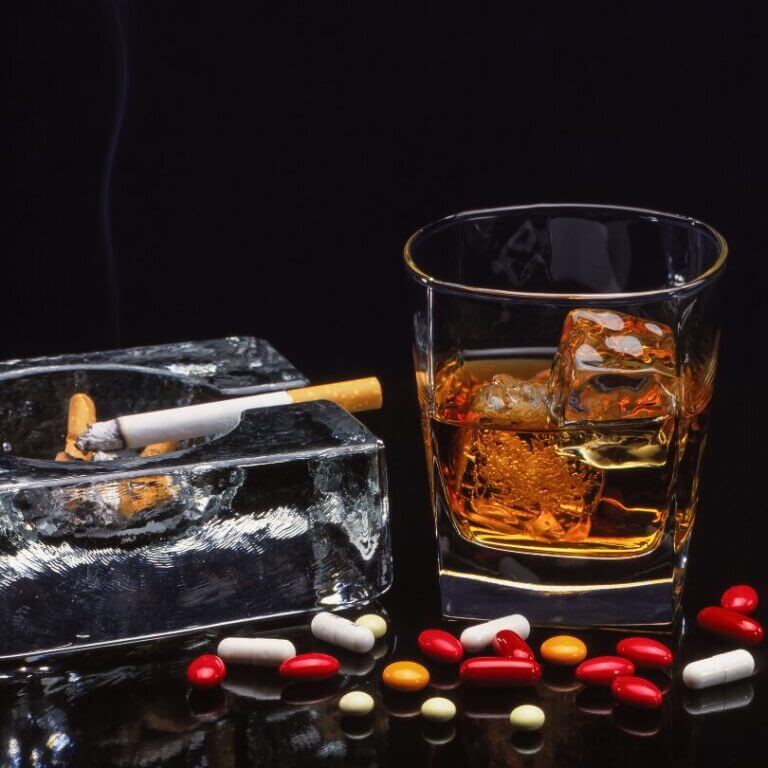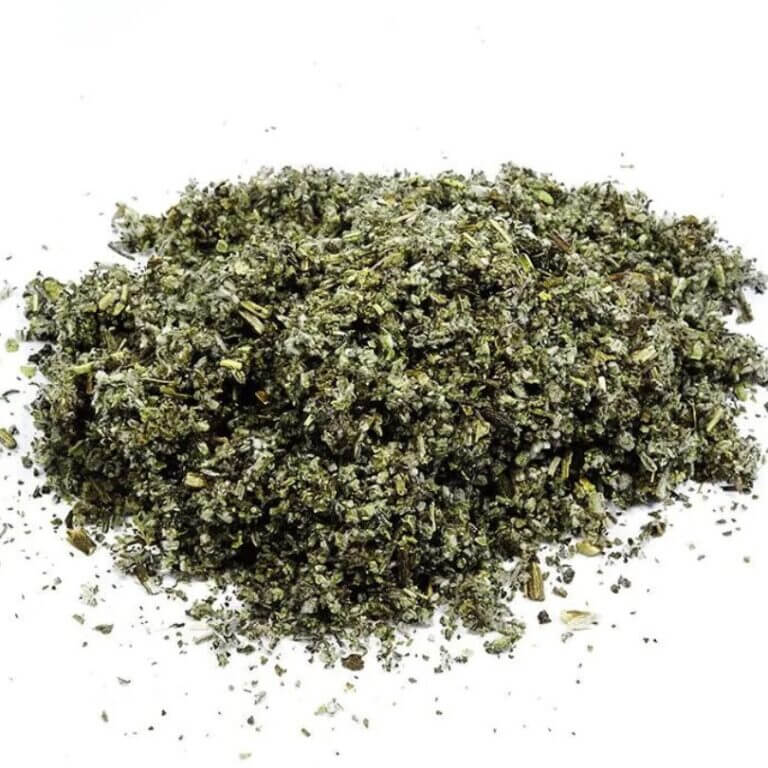It is important to understand that addiction doesn’t just affect one person. The entire family unit can be negatively impacted when someone is in the grips of a substance use disorder. It may be difficult to understand at first, but family members can become dysfunctional in the process of trying to help the addicted partner in their life – without even realizing it.
Addiction codependency is often rooted in trauma and learned behaviors rather than moral failings.
If you have an addicted loved one in the family, you may feel as if your life is completely out of control. It doesn’t matter whether the addicted person is your spouse, one of your children, your parents, or a close relative – enmeshment is very common among family members and addicted people.
Does it feel as if your life is in utter chaos because of addiction – even though you don’t have a problem with drugs and alcohol? If so, you may be completely engulfed in a codependent relationship. Let’s discuss what this means and talk about how you can get help.
Do You Love Someone With a Substance Use Disorder?
There is an ongoing War on Drugs in the United States, stretching over the last half century. If you have an addicted loved one in your life, this battle can feel personal and disorienting. Addiction has a way of destroying relationships and leaving casualties in the wake of its destructive path.
Even the strongest families are rendered powerless to fight against the devastating effects of this illness – but not before exhausting every resource in their arsenal in a valiant attempt to gain victory over the situation.
Typically motivated by desperation, friends and loved ones can unknowingly become codependent with the addicted person in their life. They have a sincere desire to help, but this “help” almost always ends up making the situation worse. Boundary lines become blurred and chaos ensues. When this happens, codependency rears its ugly head.
What is Codependency?
Relationship addiction often manifests in codependent dynamics, where individuals prioritize their partner’s needs over their own, leading to unhealthy relationship patterns.
The word “codependency” is often used interchangeably with the word “enabling.” Enabling is what happens when you provide someone with the means or opportunity to continue to abuse drugs or alcohol. This keeps them stuck in the vicious cycle of addiction.
Although codependent or enabling behavior is almost always motivated by good and sincere intentions, it always results in more substance use. A codependent person’s actions can enable destructive behaviors in their loved ones, ultimately preventing effective treatment and recovery. If you really want to help your loved one, you need to do whatever it takes to help them get sober – NOT help them facilitate ongoing addictive behavior.
Understanding Codependent Relationships
Codependent relationships are intricate and often involve a deep emotional reliance between two individuals. In such relationships, one person may consistently prioritize the other’s needs over their own, leading to an unhealthy imbalance. This dynamic can foster patterns of behavior like enabling or people-pleasing, which are detrimental to both parties involved. Codependent relationships can manifest in various contexts, including romantic partnerships, friendships, and family dynamics.
A hallmark of codependency is excessive emotional reliance, where one person feels responsible for the other’s happiness and well-being. This often stems from low self-esteem, where the codependent individual derives their sense of worth from their ability to care for and please the other person. Additionally, codependent individuals may exhibit a need for control, attempting to manage the other person’s life to maintain a sense of stability. Understanding these complexities is crucial for developing strategies to foster healthier relationships and break free from codependent patterns.
The Impact of Codependency on Mental Health
Codependency can significantly impact mental health, leading to a range of negative consequences for both individuals involved. The emotional strain and stress inherent in codependent relationships can contribute to the development of mental health disorders such as depression, anxiety, and post-traumatic stress disorder (PTSD). The constant emotional turmoil can also exacerbate existing mental health conditions, making them more difficult to manage.
Moreover, codependency often results in a loss of identity and autonomy. As individuals become increasingly enmeshed in the relationship, they may neglect their own needs and desires, leading to feelings of resentment, anger, and frustration. This erosion of self can further deteriorate mental health, creating a vicious cycle of dependency and emotional distress. Recognizing the profound impact of codependency on mental health is essential, and seeking professional help can be a crucial step in addressing these issues and fostering a healthier, more balanced life.
A Few Examples of Enabling Behavior
Here are just a few of many examples that demonstrate codependency in action:
- Bailing someone out of jail for a drug-related offense or DWI
- Calling in sick for your spouse when they have a hangover
- Subjecting yourself to violence or abuse
- Making excuses for unacceptable behavior to “save face” with friends or family
- Lying on behalf of someone who is addicted
- Blaming other situations or people for the addicted person’s substance use
- Allowing your grown children to live with you rent free knowing they are spending their money on drugs or alcohol
- Driving someone to buy illegal drugs (or letting them borrow your car)
- Spending your own money on drugs or alcohol for an addicted person
- Giving your prescription medications to an addicted person so they won’t get dope sick
- Paying bills for an addicted person because they have spent all of their money on drugs or alcohol
- Overlooking, minimizing, or denying the severity of the addiction
- Prioritizing the needs of the addicted person over your own
- Handling one crisis after the other caused by the addicted person
- Not forcing the addicted person to take personal responsibility
- Changing or canceling plans to accommodate the addicted person’s demands
- Saying yes when you really want to say no because you want to avoid conflict
These are just a few of the most common examples of enabling behavior. Do any of these seem familiar? If so, you are probably involved in a codependent relationship with an addicted person.
Setting Healthy Boundaries
Setting healthy boundaries is important in maintaining healthier relationships and overcoming codependency. Boundaries are the limits and expectations that individuals establish to protect their physical, emotional, and mental well-being. By setting clear boundaries, individuals can prevent the development of codependent relationships and promote a sense of autonomy and mutual respect.
To establish healthy boundaries, it is important to first identify your own needs and limits. This involves understanding what you are comfortable with and what you are not willing to tolerate in a relationship. Once these boundaries are defined, communicate them clearly and assertively to your partner.
Using “I” statements can be particularly effective, as they express your feelings and needs without making demands or accusations. For example, saying “I feel overwhelmed when I have to handle everything on my own” is more constructive than saying “You never help me with anything.” By setting and maintaining healthy boundaries, you can create a more balanced and respectful relationship.
Changing Unhealthy Behavior
Changing unhealthy behavior in a codependent relationship requires a commitment to self-reflection and personal growth. The first step is to recognize the patterns of behavior that contribute to codependency, such as enabling or people-pleasing. Once these patterns are identified, you can begin to develop new coping strategies and communication skills to foster healthier relationships.
Professional help, such as therapy, can help address underlying issues and develop more effective communication skills. This journey takes time and effort, but it is essential for promoting healthier relationships and improving mental health. By committing to personal growth and self-reflection, you can break free from codependent patterns and build more balanced and fulfilling relationships.
Empower Recovery, Not Addiction
We know that you love and care for the addicted person in your life. It can be confusing – and downright maddening – when someone close to you is destroying their life with drugs or alcohol. You desperately want to help and make the situation all better. You want them to be okay and you have become willing to do just about everything in your power to make that happen.
Here’s the thing. You can easily make the mistake of hurting an addicted person rather than helping them. Your heart may be in the right place, but even the best intentions can enable someone to continue abusing drugs or alcohol. There is a fine line between helping and hurting.
You want to empower someone’s recovery – NOT their addiction. As long as you are engaged in behaviors that give someone else permission to get high or drunk, you are empowering their addiction. When you make the decision to stop participating in codependency, you pave the way for recovery.
Al-Anon is a Great Resource for Friends and Family Members
Once you have been involved in a cycle of codependency with an addicted loved one, it can be quite difficult to break it. Yes, it will be challenging – but it is possible. And, letting go of your enabling behaviors is the best thing you can do for yourself and the person you care about.
We recommend the Al-Anon program to those who believe they have become codependent with an addicted person. This 12-Step fellowship offers hope and healing to family members and friends who want to find freedom from codependency.
At Al-Anon, you will be equipped with the necessary tools to establish healthy boundaries and behaviors in your own life. This will lead to a great sense of personal freedom. And, of course, it will greatly increase the likelihood that the person you care about will get into recovery – and we know this is your ultimate goal.
More Resources for Concerned Family Members
Here are some additional resources we think you might find helpful:
- Does Your Spouse Need Alcohol Rehab?
- Information About Detox
- Addiction Treatment Program Options
- The Cycle of Addiction
If you would like to learn more about addiction treatment for your loved one, please contact us. We are here to help.




